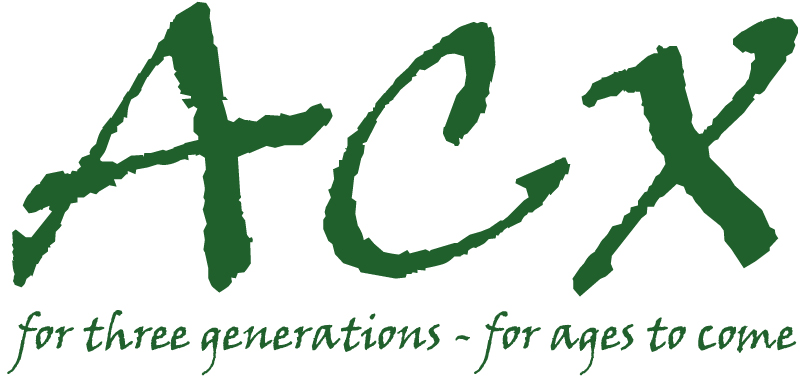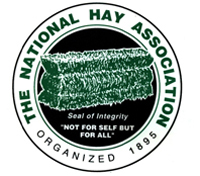In the San Joaquin Valley there is to be a water shortage, and it appears that many farmers are receiving bad news when it comes to the water situation. According to a June 18, 2013 article in the Fresno Bee, farmers were recently told to “Expect a zero percent water allocation next February if winter doesn’t start out stormy.”
According to the article, Tom Birmingham Westlands General manager said “”When we look at these dry conditions and low storage in reservoirs later this year, it’s difficult to see how the initial allocation could be anything but zero, unless we have a very big December and January,”
ACX Regional Acquisition Manager, David Yurosek stated that some SJV farmers are getting water but it depends on the area and how critical the situation is. He described it as a very serious situation in the stating, “Some farmers are paying higher prices for their water. Normally they would pay $15-40 an acre foot but instead they are paying $120-240 depending on the district.”
Yurosek explained that in some instances growers have said that they aren’t getting any water at all. “Many of the water districts have cut back as far as 30-40 percent on their water allocation,” said Yurosek.
Yurosek was able to shed some light on how the water situation has affected the alfalfa market. “The farmers feel like there is a water shortage, so therefore there is not as much alfalfa around. Some alfalfa acreage has been taken out due to lack of water,” he said. “This has been the driest year and there is a lack of snow pack.”
Yurosek said the situation is not completely dire, but a continuous water shortage could be disastrous for San Joaquin alfalfa growers.
According to Rex Hartwick, who is a Business Unit Leader at ACX’s Stockton California facility, the situation in Nevada is already dire. “Most of Nevada is under a severe drought,” said Hartwick. The Nevada drought is also attributable to the lack of snow pack.
Hartwick said, “Farms in Smith and Mason Valleys in Western Nevada are starting to run out of water. Farmers without well rights are on their last irrigation. Many fields have already been dried up due to the use of water on other crops. 70-80 percent of the farms will only make one-third of their crop. In Yerington and Smith Valley, most of the farmers are only going to get one and then a partial cutting, then they’ll be out of water.”
In Fallon the news is slightly better. “Fallon is faring better with 75 percent of their water allocation—they should have at least three alfalfa cuttings,” he said.
“Lovelock is out of water with the only water remaining in Rye Patch Reservoir, a 4,000 acre foot fish pool,” Hartwick said.
Hartwick stated the impact on the different hay markets will be most evident in the total yield. Farmers that have well water will continue and have a good year because they’ll have adequate water. Farmers dependant on surface water only will have reduced water availability, reduced crop yield and cuttings.
Read the Fresno Bee article here
 ACX アドバイザー
ACX アドバイザー ACX 인사말
ACX 인사말 ACX 快讯
ACX 快讯
